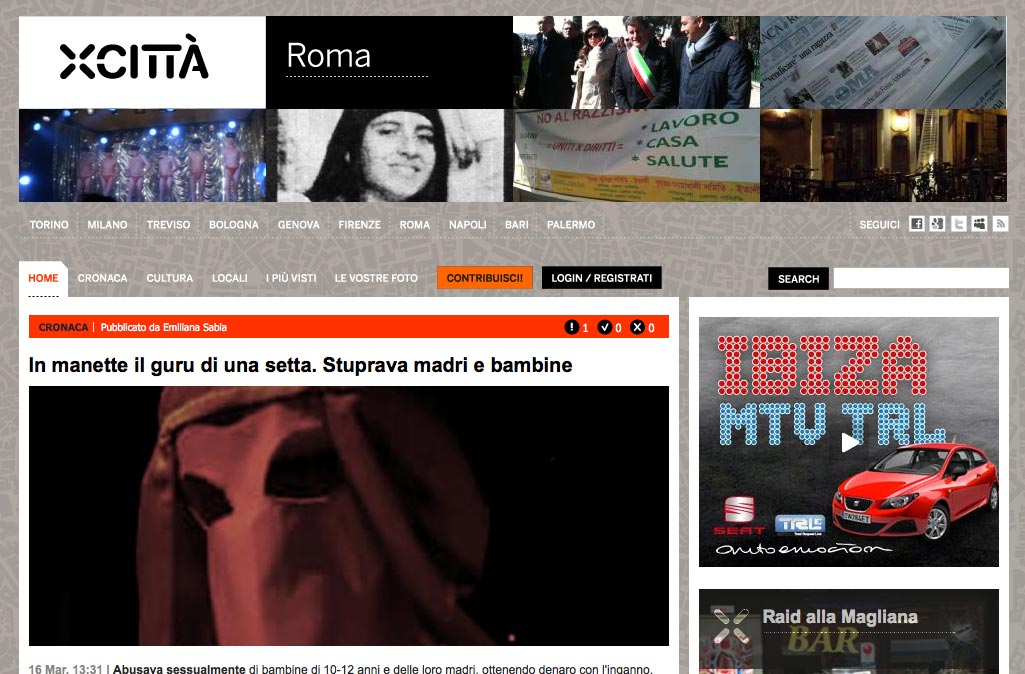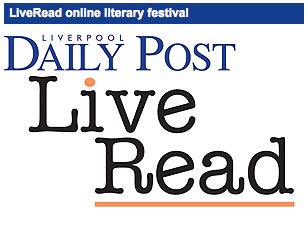A network of local, multimedia news sites has gone live in Italy. XCITTA’s sites, which currently cover 10 Italian cities including Rome and Milan, are supported by a team of full-time journalists and freelancers who are encouraged to work remotely and engage with their readers online and via social media sites.
Each city site follows the same template with a strong emphasis on visuals – there are plenty of images and video clips embedded, as well as the pictorial navigation bar – and the sites in the rest of the network are accessible via a navigation bar at the top of the homepage.

Journalism.co.uk put some questions about the new sites to director Fabio Amato:
What gave you the idea for XCITTA?
The idea first came from an Italian-American entrepreneur, who didn’t see why there couldn’t be a website in Italy where journalism, participation from users and local news stories couldn’t be joined together in a network between 10 cities.
In the US this model already exists with sites like Gothamist. Our challenge is to reproduce this system in Italy, where inhabitants are more dislocated and where urban areas are less populated than in America.
How do you think to make money and how are you funded?
Essentially, the main source of revenue will be advertising. Although we are a network of local information, ads will be placed by an agency at national level.
The owner of the group is Vincent Turco, who has had a career in advertising and consulting for companies. We also have two members from Metacomunicatori, an important advertising agency located in the north east of Italy.
What’s your mission?
The network is complex and new, but basically we have one rule above all others: to publish only news that has an impact on the city’s life.
We are against having a mission statement as we consider this a bad habit. In our daily work, our reporters work where and about what they are passionate about. There’s not a space named ‘editorial office’ but rather a channel – the internet – where we work and as such our team is not stationary, Each XCITTA journalist has three tools: a laptop, an iPhone and a video camera. With these tools he can be connected with the other journalists and with those that live in the town.
At the moment, we have 17 journalists and a variable number of freelancers. Our journalists are normally under 30-years-old.
What are your targets?
Our first objective is to get half a million users a month, which is definitely ambitious. We will then aspire to expand to 20 and then 30 cities, and, if our project works, maybe other European countries.

